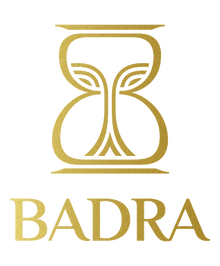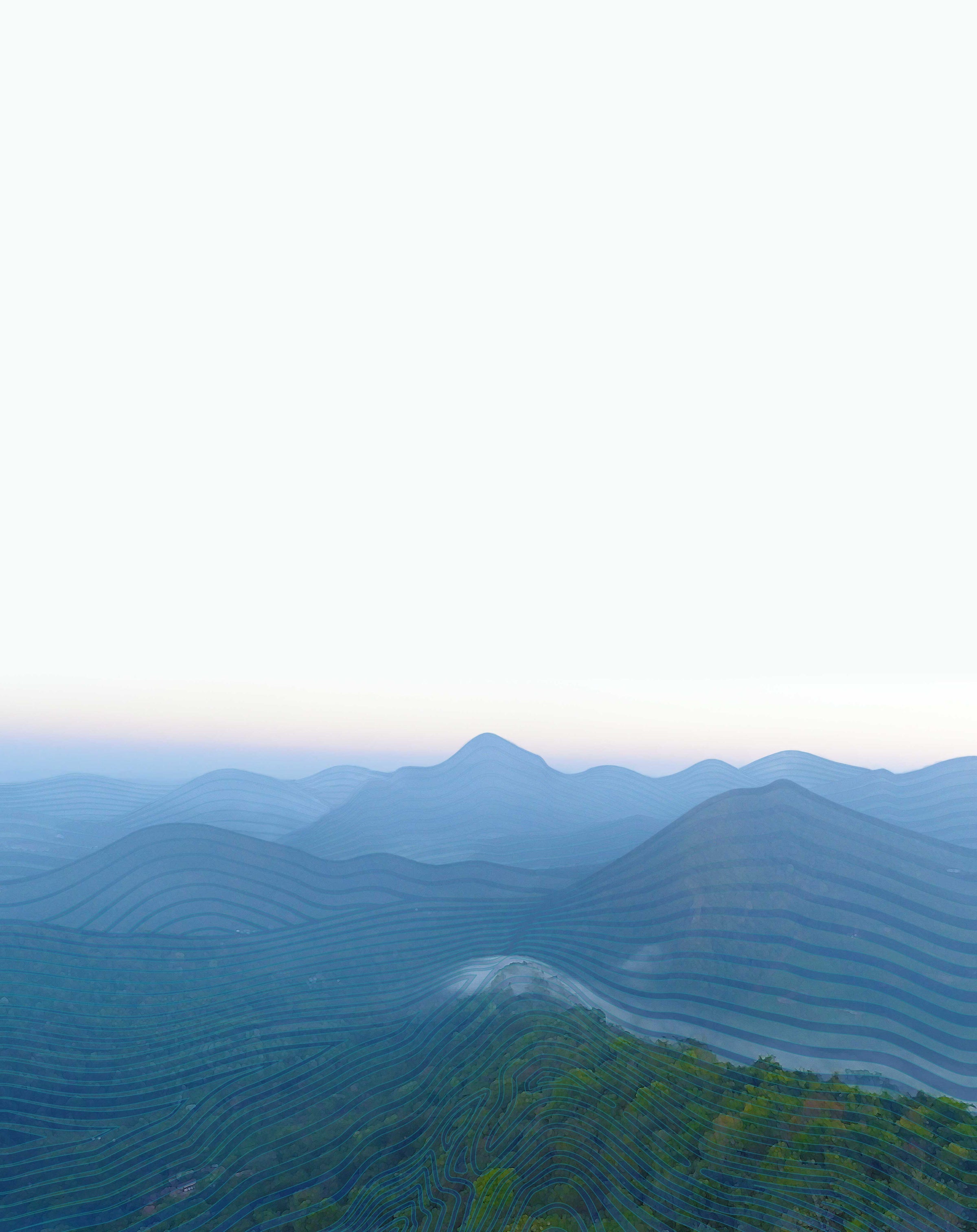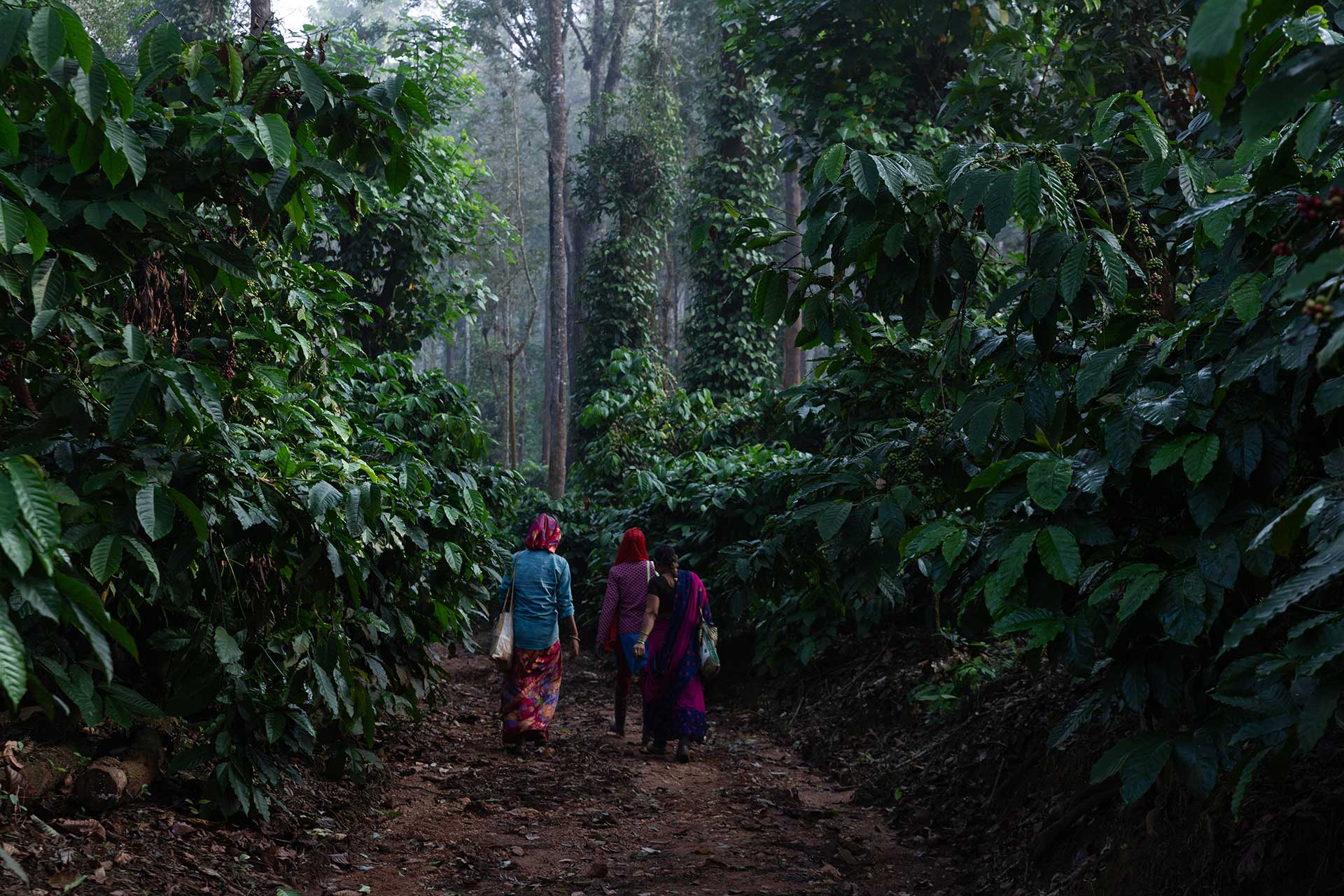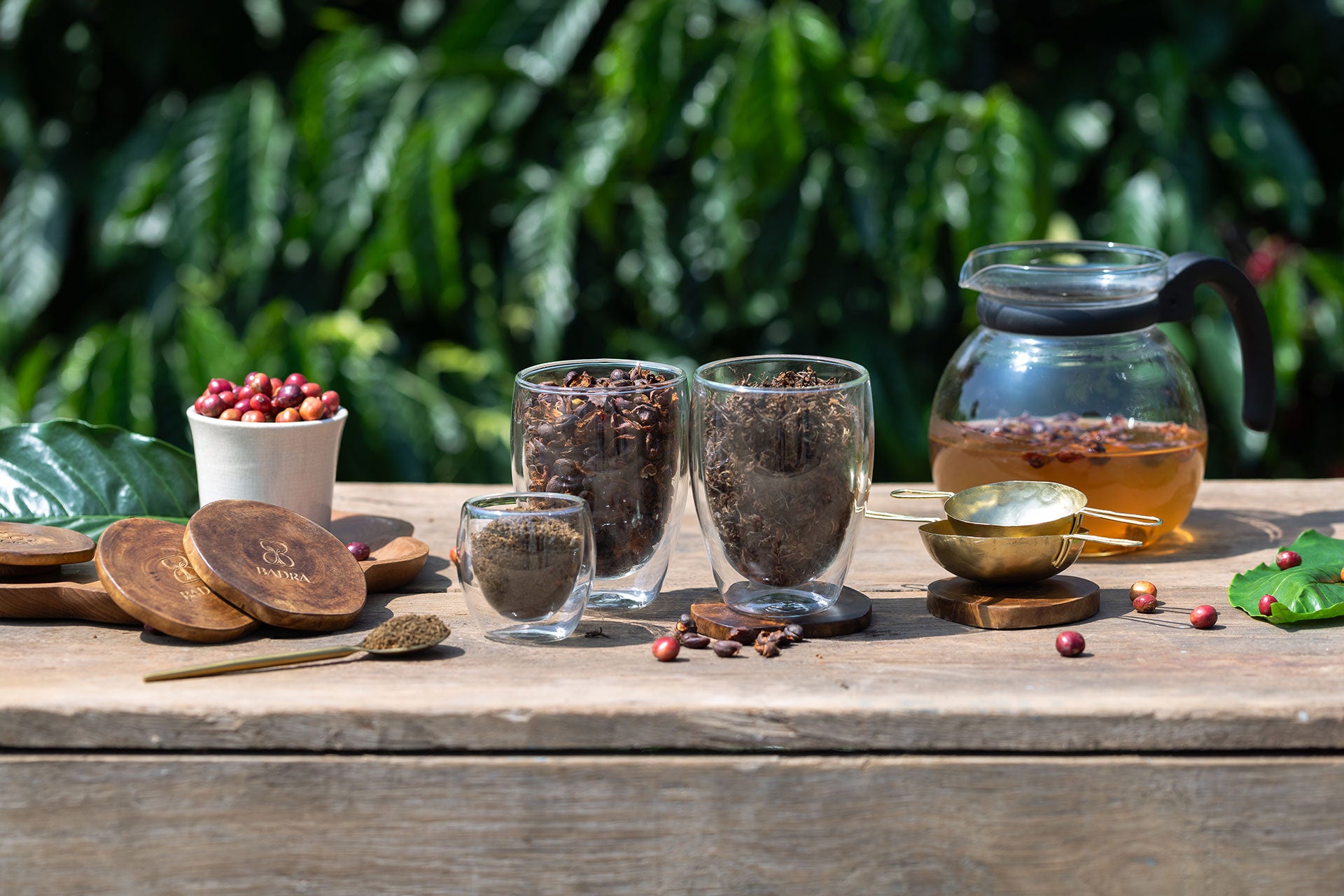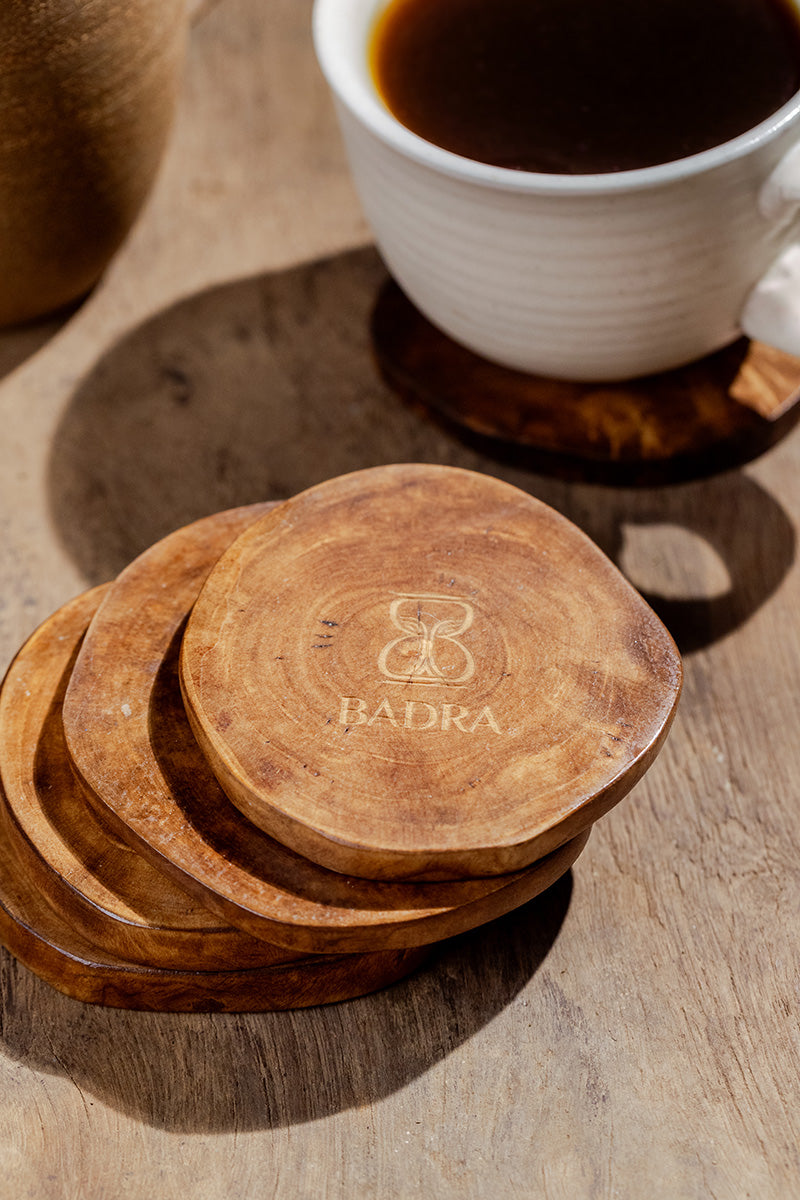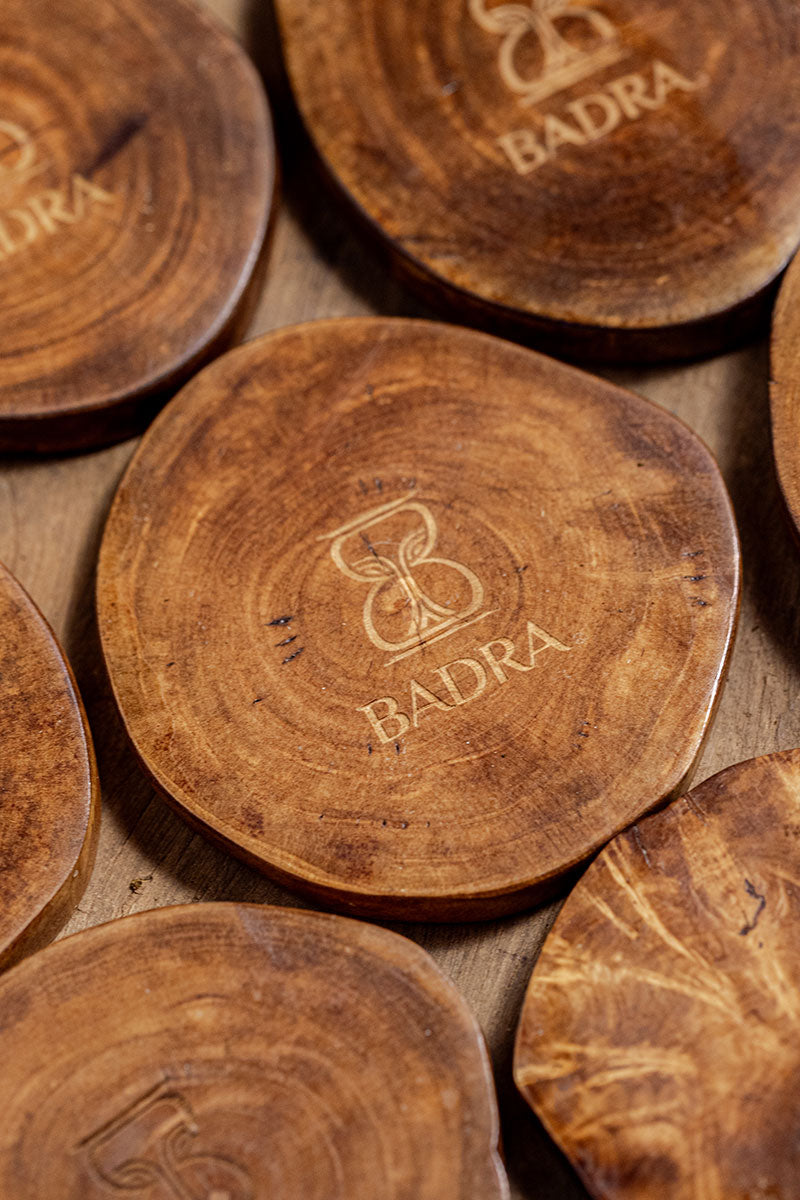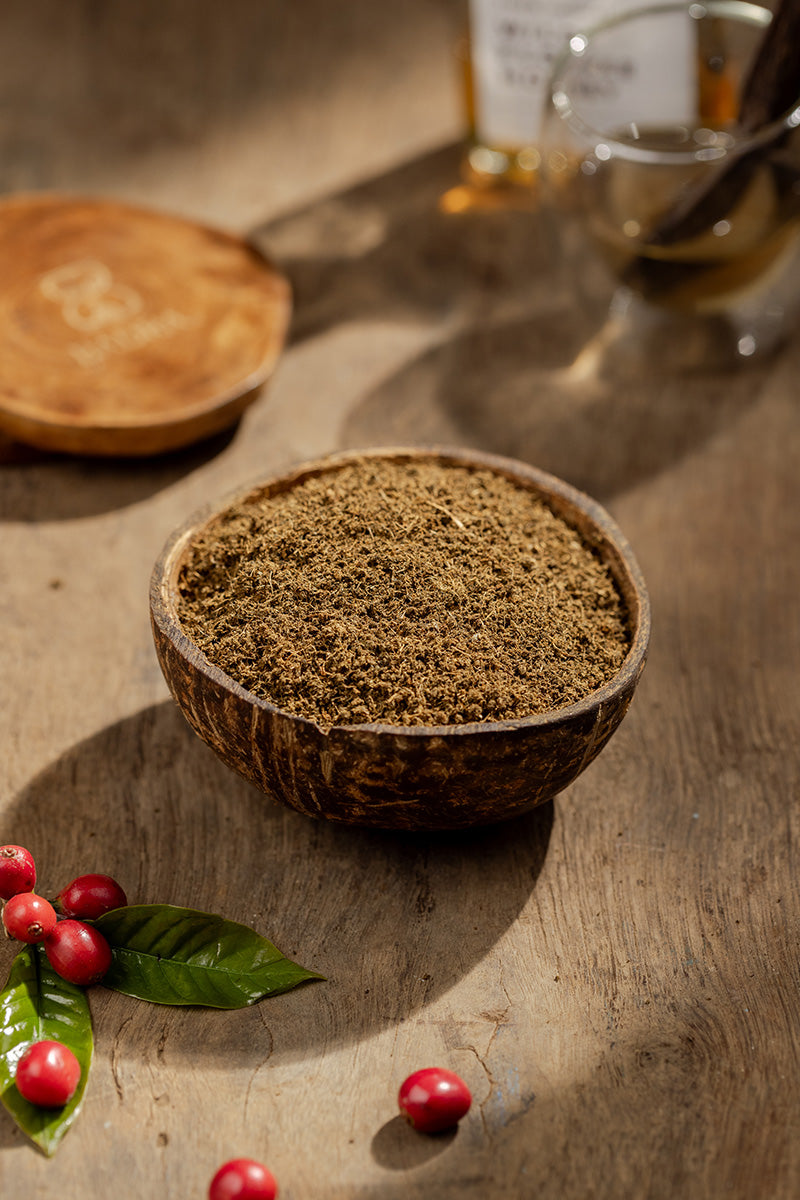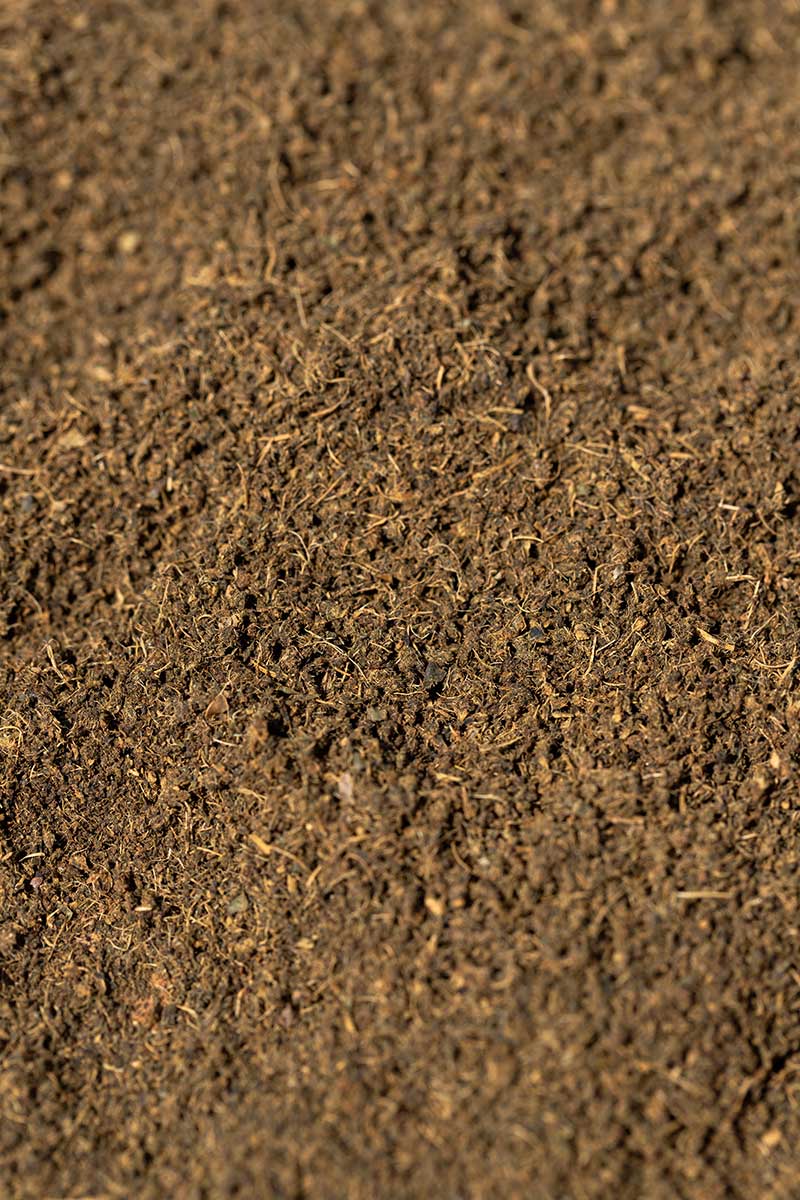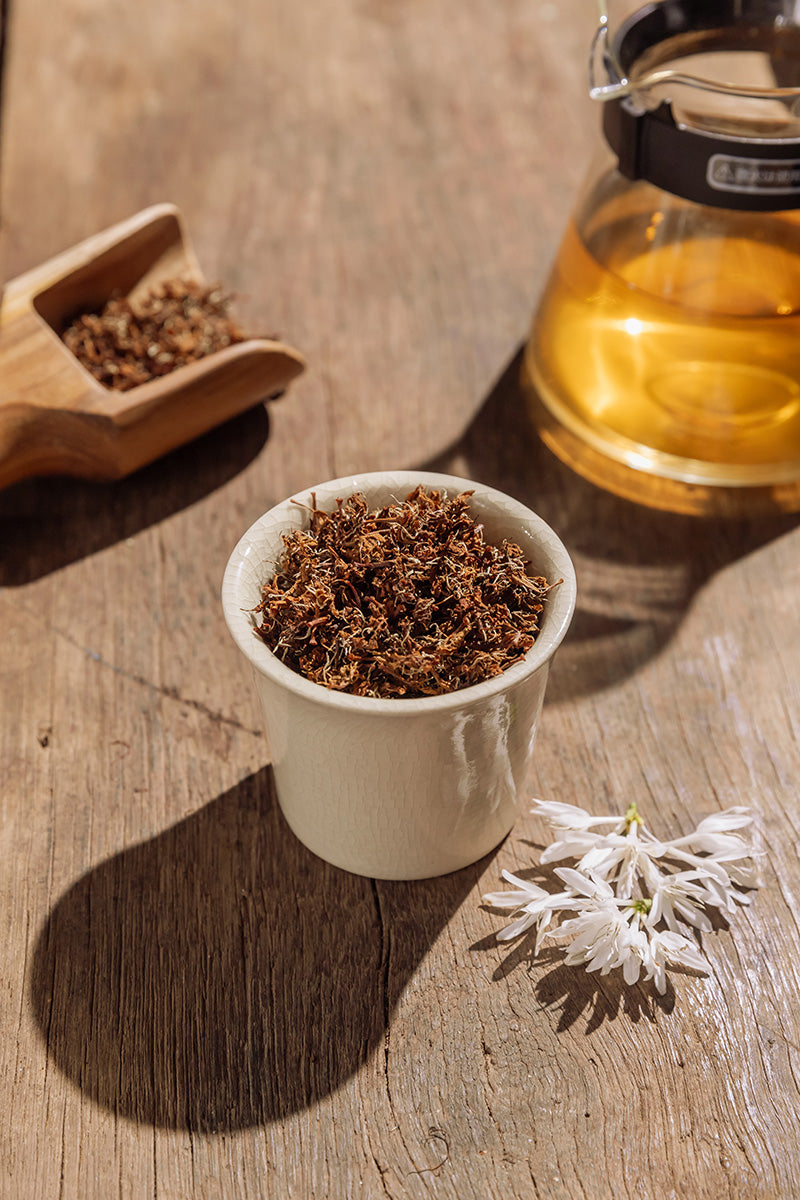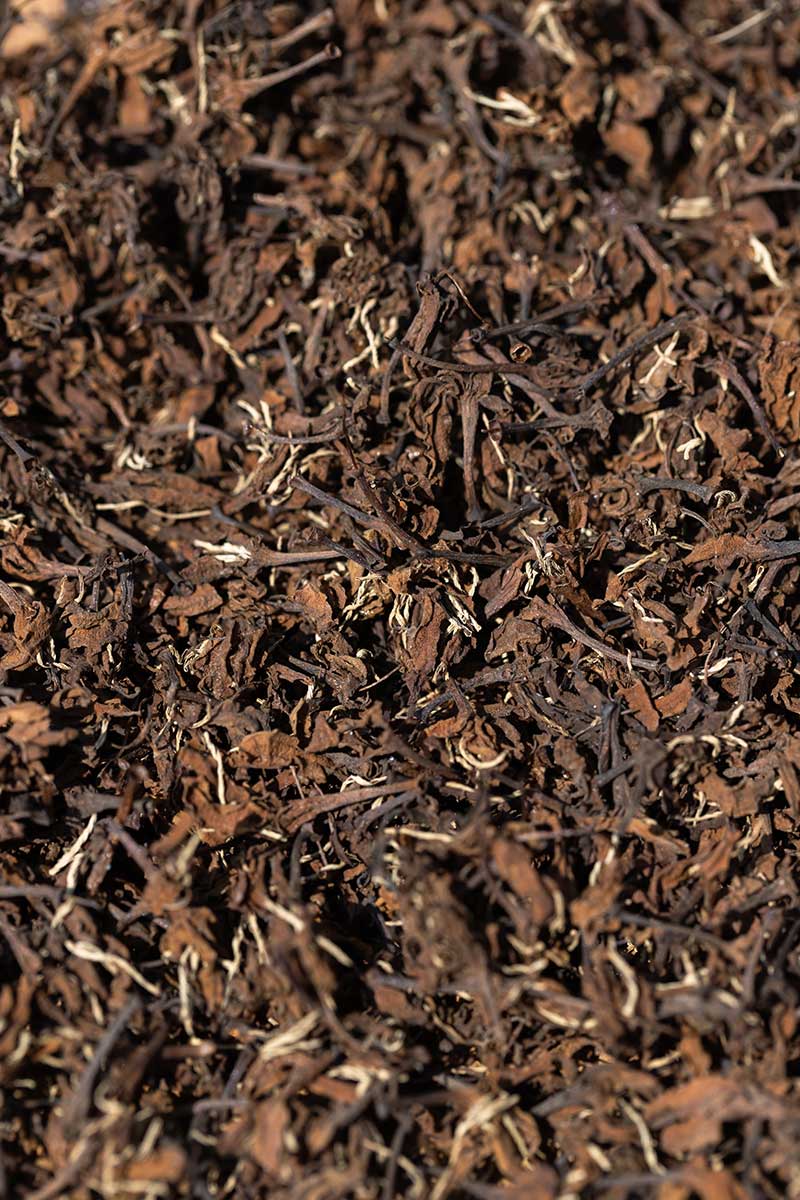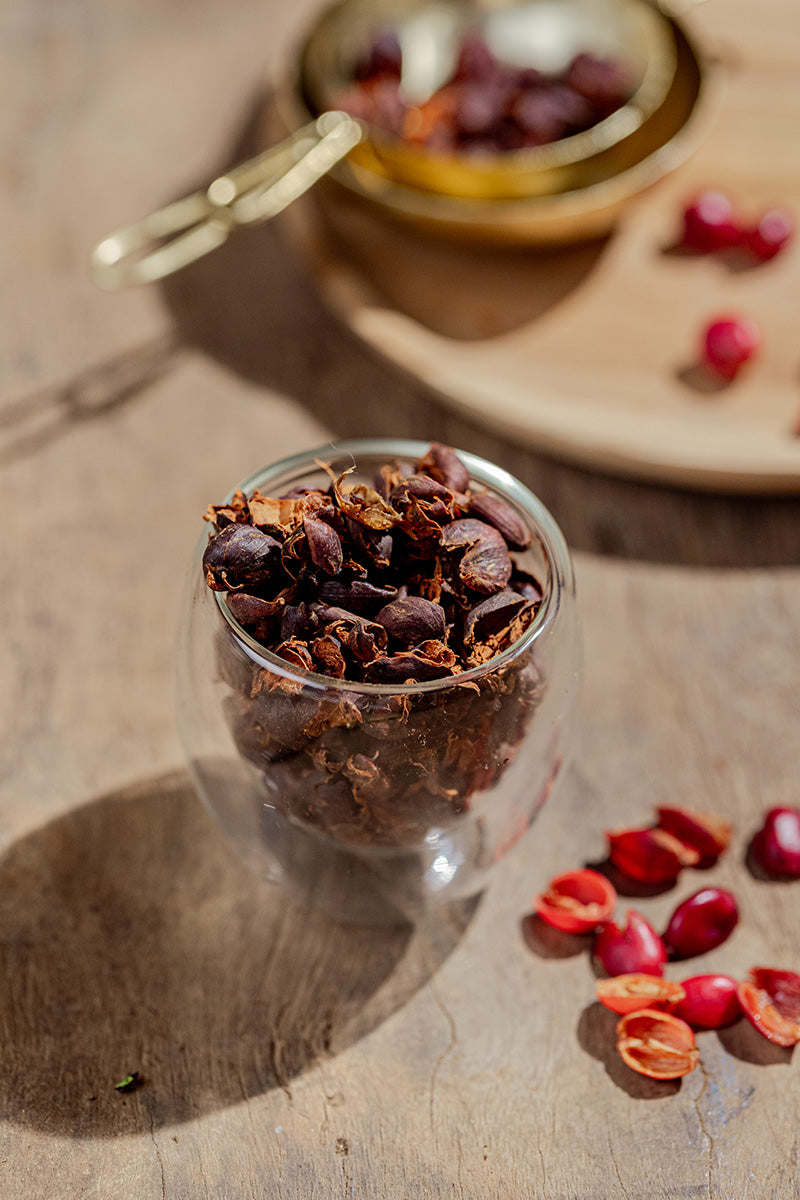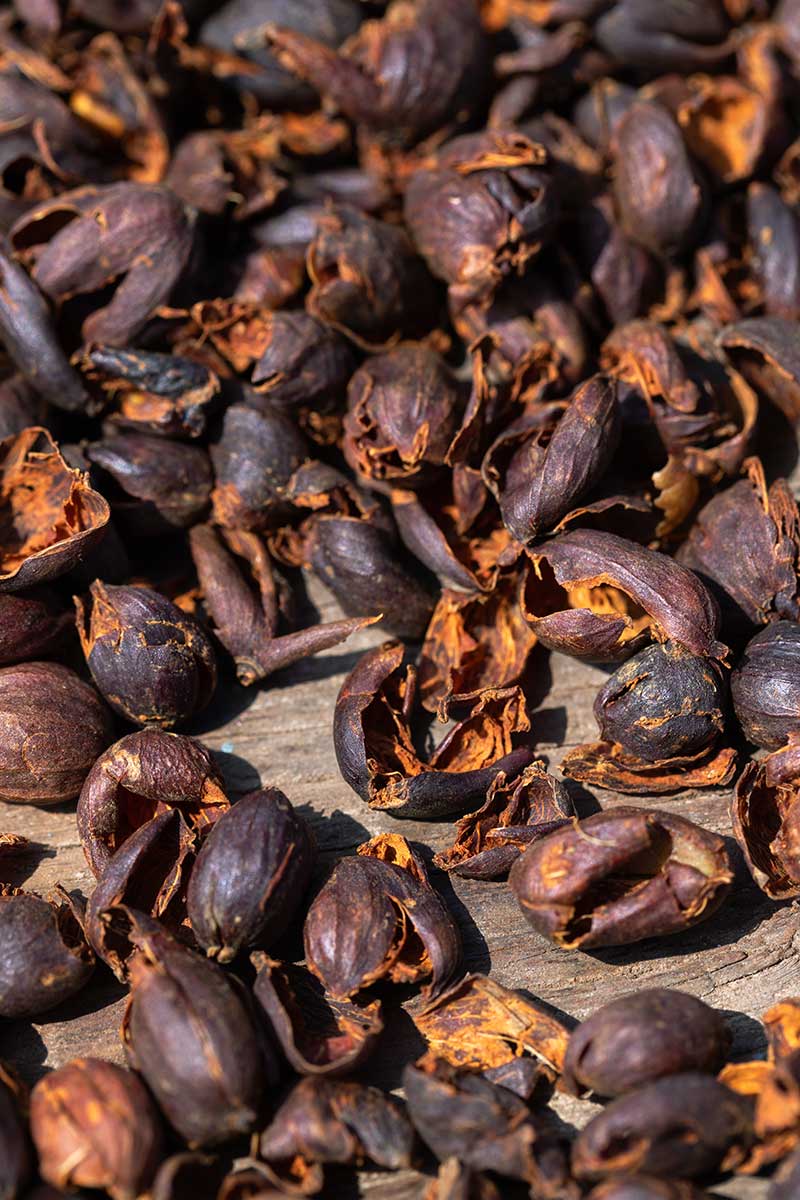About Us
Our family, the Mammens’ founded Badra Estates in 1943. The name originates from the bustling Badra River that runs beside our Balehonnur estate in Chikmagalur. Our goal has always been to create India’s most distinguished, single-origin, shade-grown estate coffees.
We curate every detail with genuine purpose and intent. From nurturing seedlings in our nursery, to growing plants to maturity, we create the ideal environment which yields predictable results. Harvesting, sorting, pulping, fermenting, washing, drying, curing, roasting and grinding, are all handled in-house with patience, precision and expert care. We have perfected our process and handed down our learnings from one generation to the next. Please join us and taste the fruits of our labour.
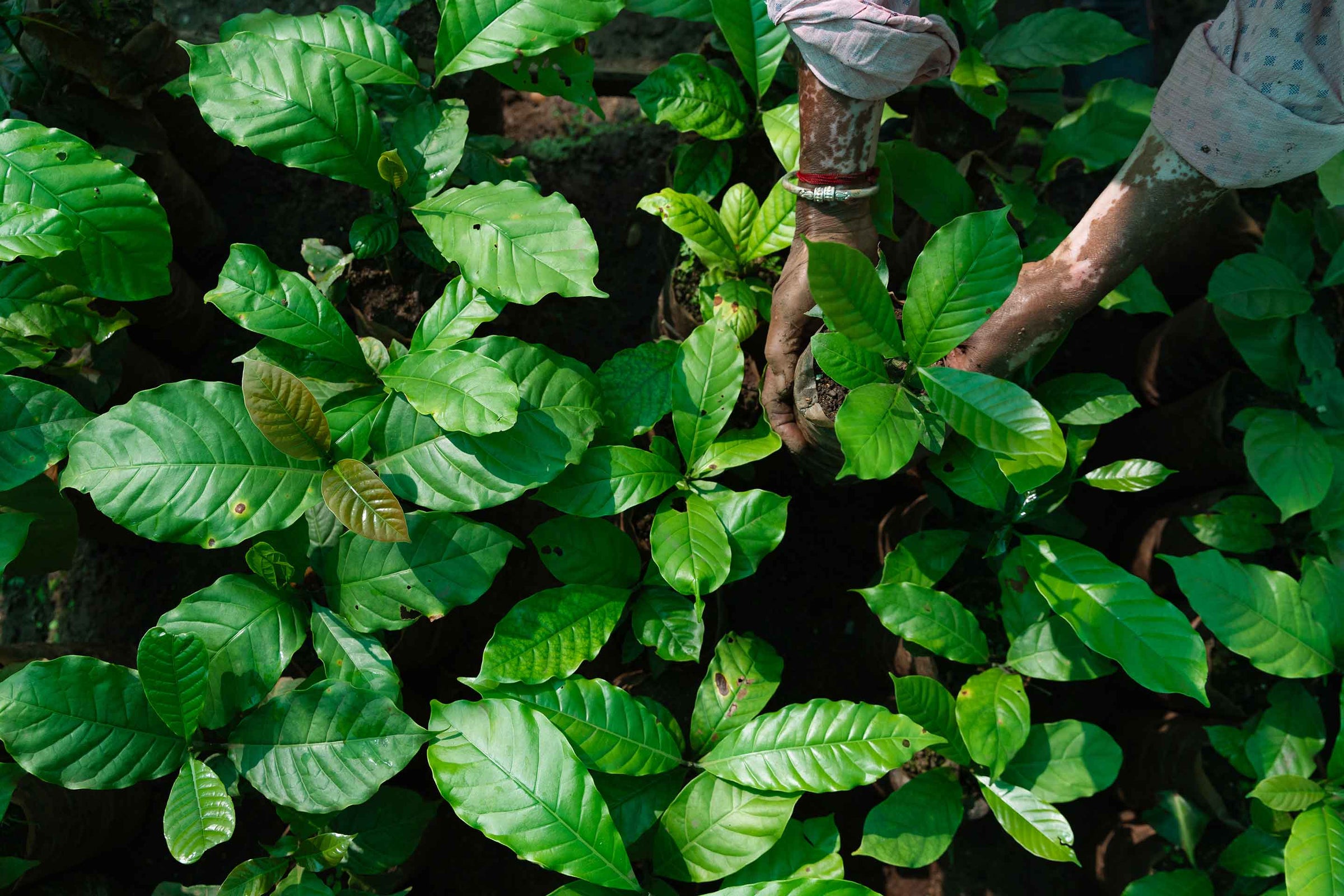
foundation
Growing Coffee
Coffee is a complex plant, with flavour and body informed in subtle ways by soil, terrain, altitude, nutrients and plant variety. Our systems yield consistent results and create what our customers seek.
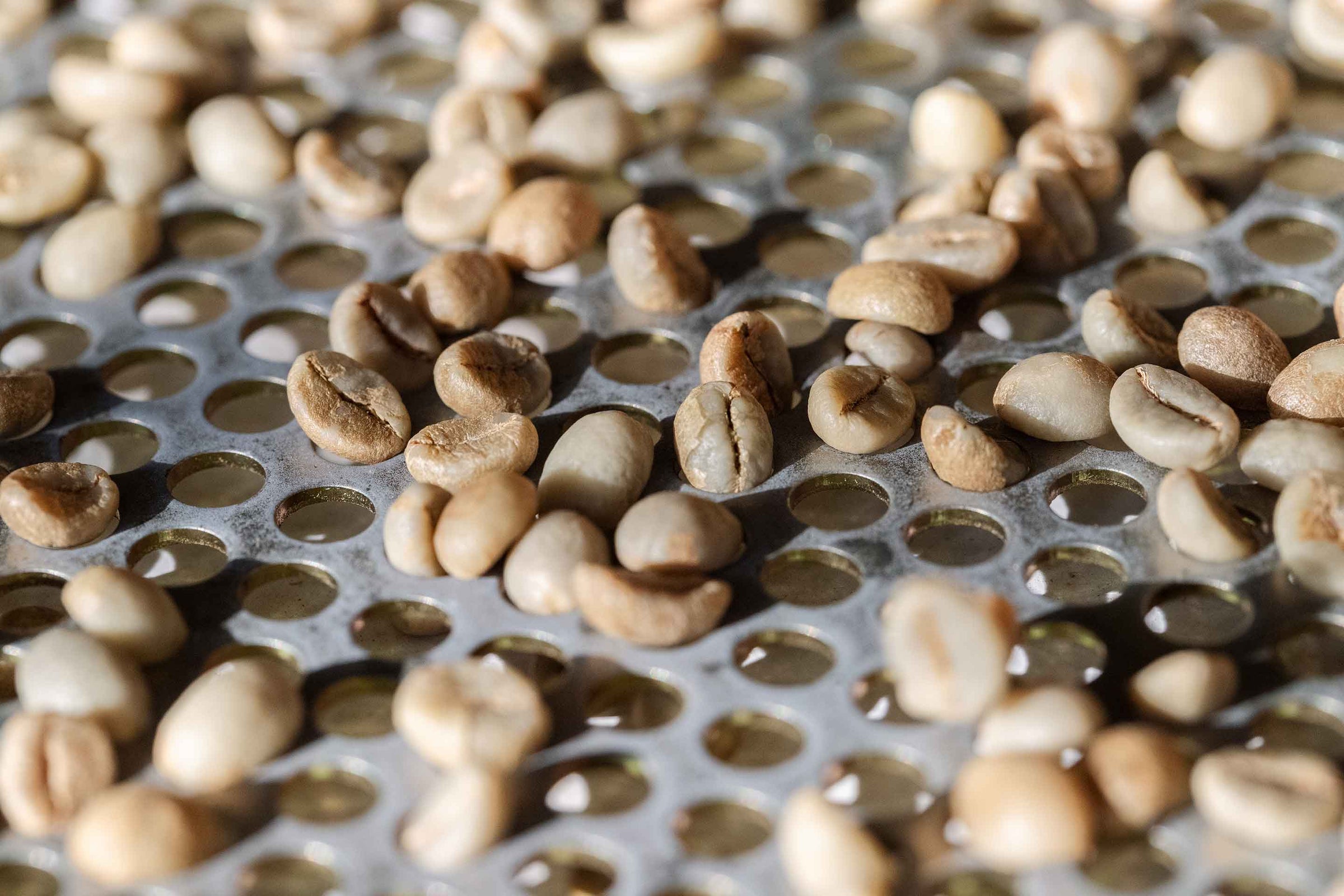
Detail
Quality Control
Curing, grading, garbling and cupping are handled in-house. We use expert scientists and Q-Graders, but ultimately, taste is what matters. We cup our coffees regularly ensuring consistent flavour profiles.
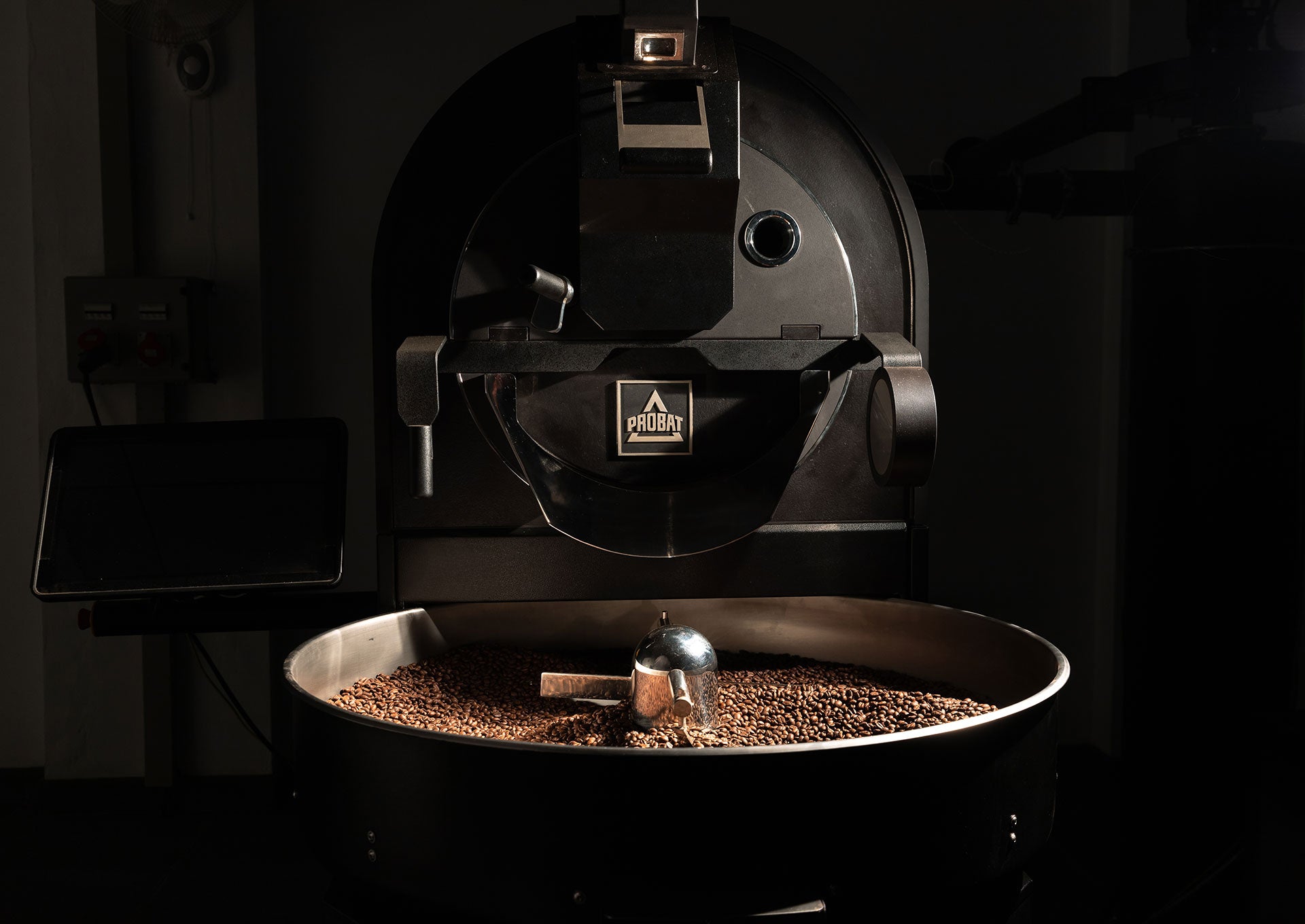
Precision
Roasting
Combining scientific accuracy with sensory art. Green coffee is roasted for specific durations at precise temperatures. This develops our coffee’s individuality, releasing its aroma and flavour profile.
Our Coffee
We produce and market large quantities of Arabica and Robusta coffees. Shade- grown, handpicked and sun dried, these varieties are sold within India, as well as exported to Asia ( Malaysia, Thailand, Korea, Japan), Europe (Greece, Italy, Germany, Norway), UK and the US.
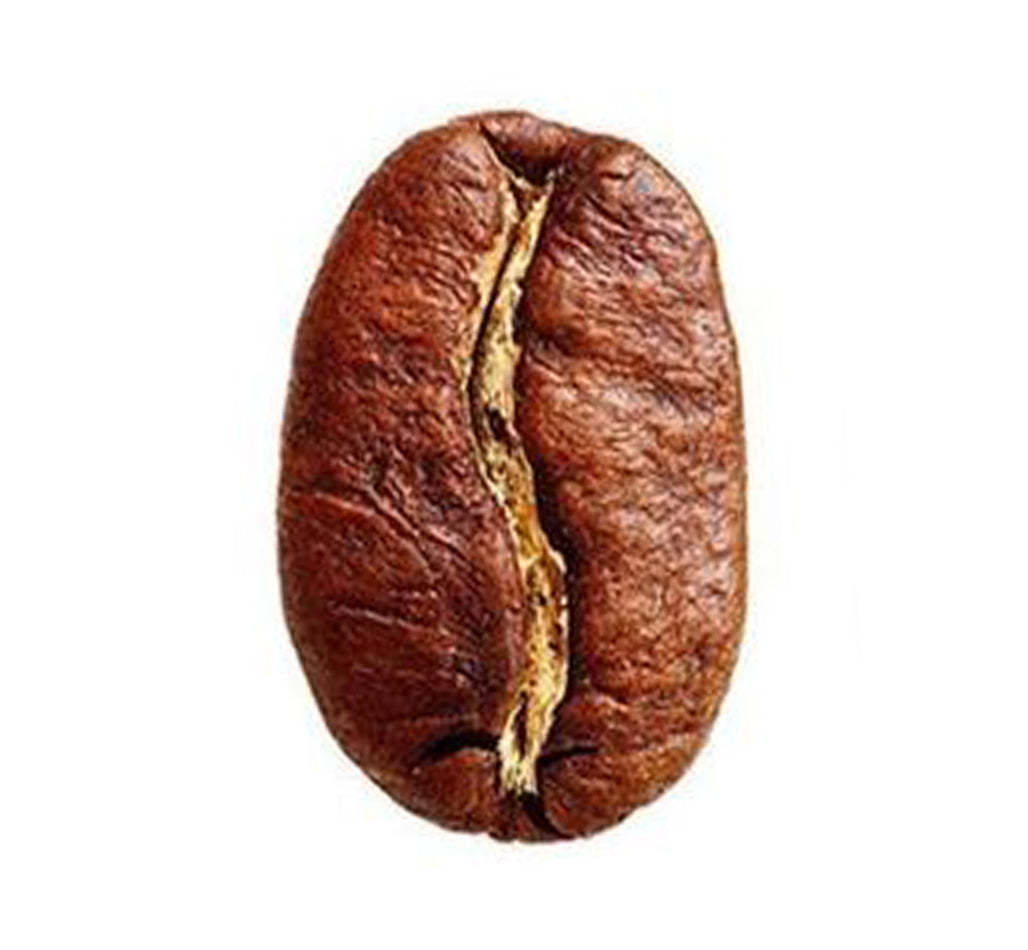
Arabica
Our arabica is grown at a high elevation and delivers unique flavour profiles.
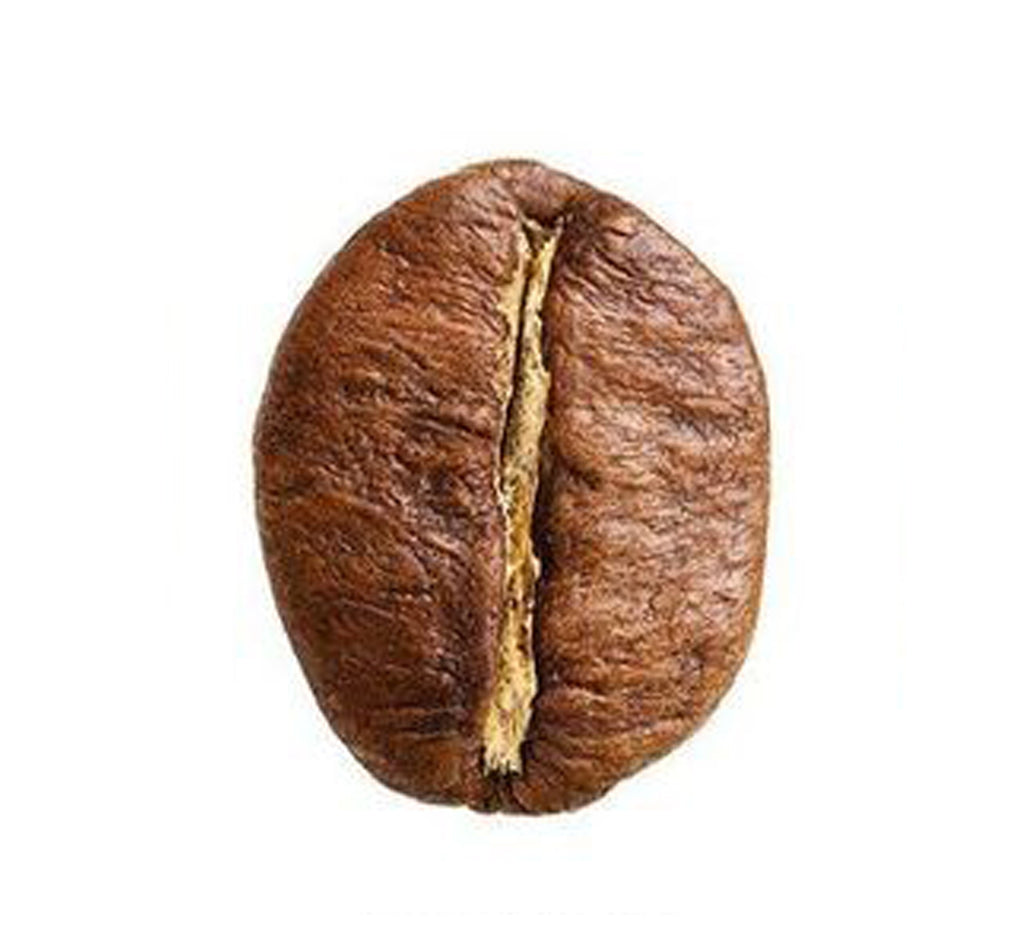
Robusta
Our Robusta is grown at lower levels than arabica and is characteristically distinct.
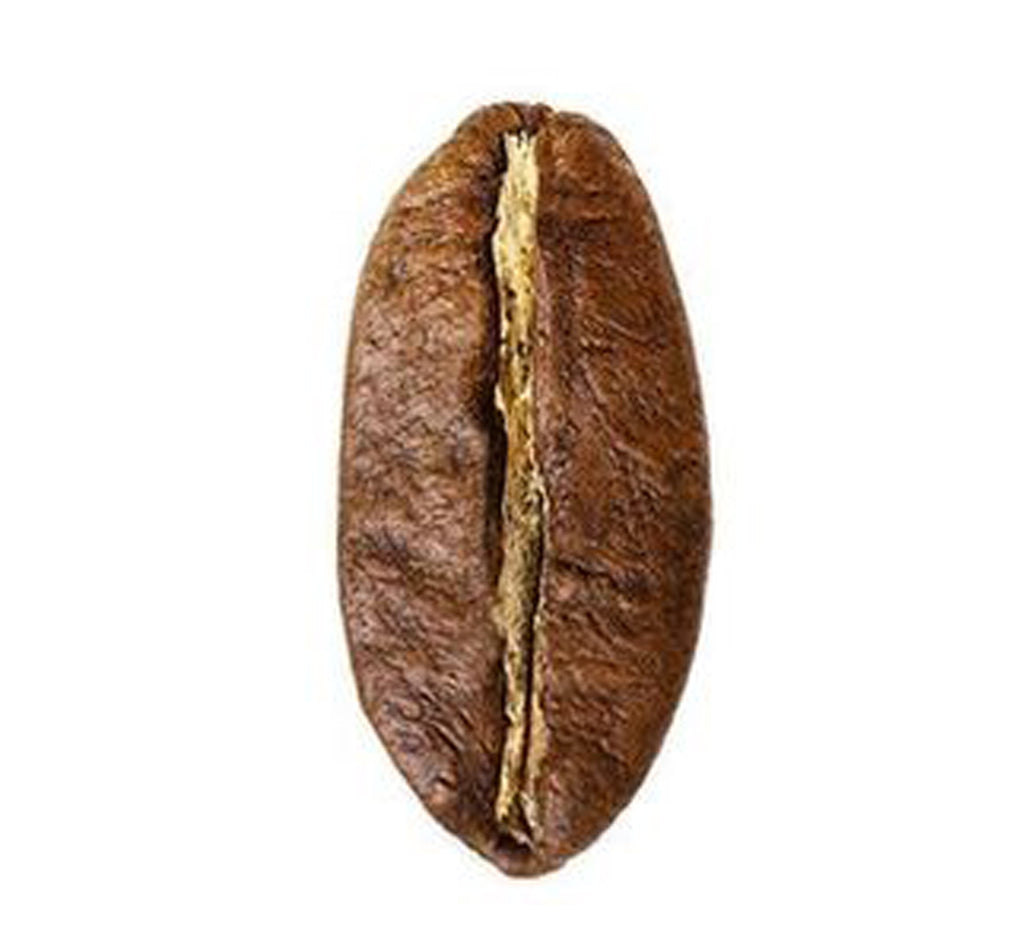
Liberica
Also known as tree coffee, this niche crop is grown on our estate for specialty buyers.
Our Estates
We combine traditional methods with the latest technology and the most energy efficient practices.

Location
Our coffees are grown on three estates, situated in Chikmagalur, a fertile highland on South India’s Western Ghats that accounts for 70% of India’s coffee production.
At 4700 Ft. A.S.L, Bettadakhan Estate, produces exquisite arabica. It sprawls over the mountain Baba Budan Giri, also known as Chandra Giri, the birthplace of Indian coffee. Baba Budan was a sage who brought the first coffee seeds from Yemen in 1670 and planted them here.
Our other two estates are Kerkeicoondah, growing arabica and robusta, and Balehonnur, growing robusta. Liberica is cultivated on both estates.
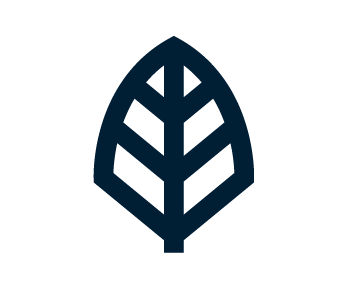
Shade Canopies
We have carefully protected our coffee plants to optimize their distinct flavours and complexity. They are grown under assorted shade trees that include silver oak, mahogany, rosewood, ficus, albizzia, acacia and coconut.
These shade canopies help prevent topsoil erosion. They play a critical role in enriching the soil with their leaf, branch and twig mulch. We prune the canopies in order to regulate sunlight. This results in balanced microclimates which ensures soil fertility and minimises moisture loss.
Our estates are also home to a variety of birds, insects and animals, that further enrich the forest ecosystem.

Traceability
At Badra, we have always prioritised sustainability, environmental responsibility and fair practices, long before these became popular international conventions.
Traceability is central to our cultivation and post-harvest process. Today’s consumer wants clarity about the origins of their food, the integrity of the various processes that create it and supply chain transparency.
We have complete control over our production processes and can trace our coffee back to the exact acre of land it was harvested from. We encourage our customers to visit our estates and discover the true origins of their coffee.
Recognition
We have won multiple awards over the years. Here are some highlights.

AVPA Paris
Agency For Valorization of Agricultural Products
2022 - Coffees Roasted at Origin Award - Paris
Our most recent distinction, at the AVPA 8th Concours International for two blends:
Temple Mountain - Amer Aromatique category
Misty Heights - Cafes Ronds category

Illy India
2007 - ILLY KC 5th India Coffee Quality Prize for Espresso

Flavour of India
2007 - Flavour of India Fine Cup Best Arabica
2014 - Flavour of India Fine Cup Best Arabica
2017 - Flavour of India Fine Cup Best Specialty Robusta
2023 - Flavour of India Fine Cup Best Washed Robusta
2023 - Flavour of India Fine Cup Best Robusta Naturals
Testimonials from Industry Pioneers
Some of the most established names in the coffee world, work with us.

Steffen Schwarz
“I remember very clearly my first cup of Badra coffee in 2004. It was impressively complex and pure. Since then, the coffees have evolved in a breathtaking way. We are grateful to work with such a partner and source such unique coffees..."
Founder - Coffee Consulate, Germany
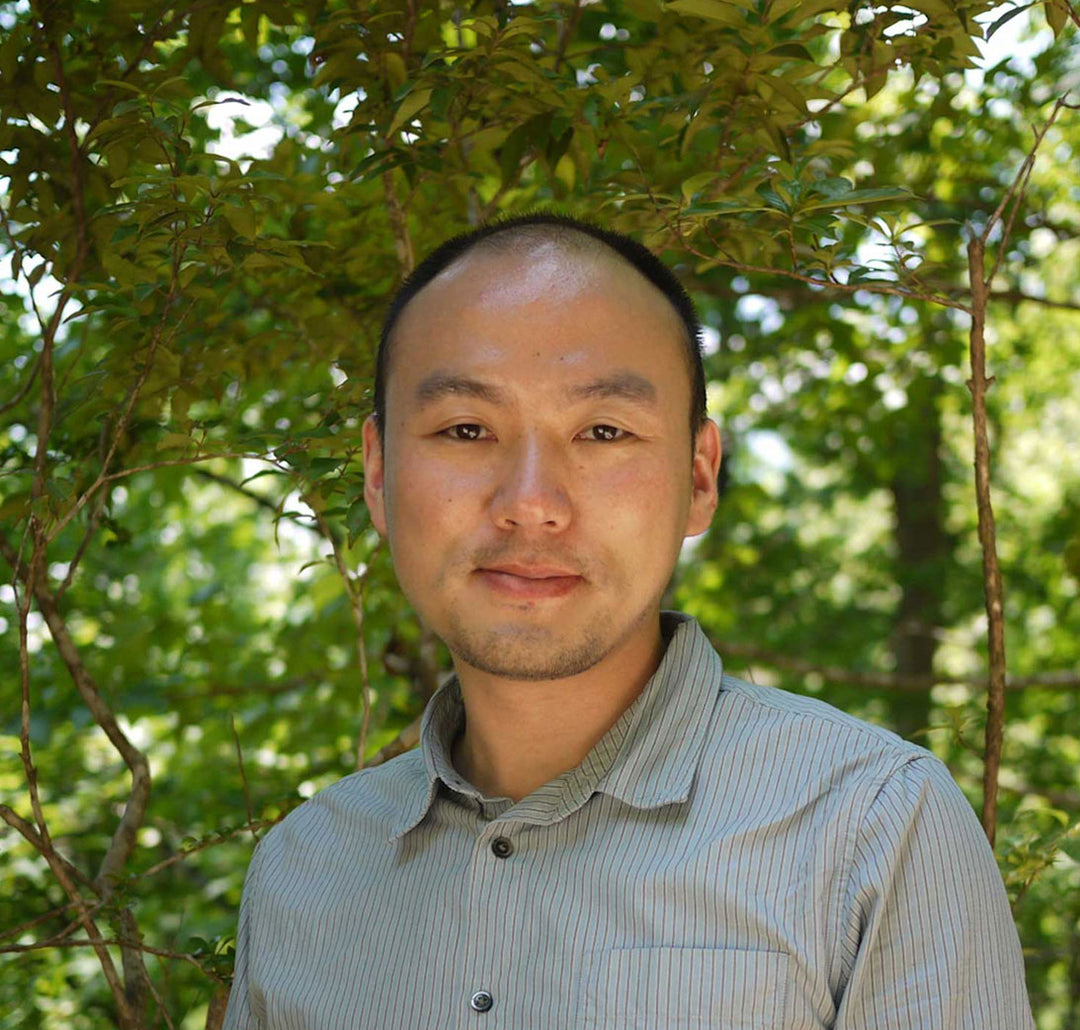
Pil Hoon Seu
“I have visited Badra estate every year since 2011. I have visited many farms around the world, but it's scarce to process and manage coffee as meticulously as Badra. Badra’s coffee is always sweet & clean..."
CEO - Coffee Libre, South Korea
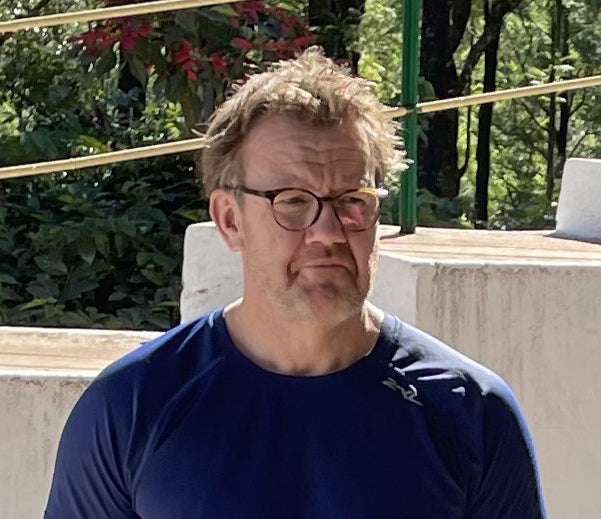
Alexander Scheen Jensen
"I have visited the estates twice, and I am very impressed by how they work with their farms and processes to be able to provide solid classic Indian quality, which we require for our blends and single estate coffees..."
Buyer - Solberg & Hansen, Norway

Srikanth Rao
"As a long time partner of Badra Estates, we have had the privilege of sourcing their high-quality raw coffees for many years now. The dedication that they pour into every step of their coffee-growing journey is nothing short of inspiring..."
Director - Bayar's Coffee, India

Environment
Besides our traditionally sustainable agriculture, we actively promote forest regeneration and wildlife conservation. We have also put processes in place to recycle water and regenerate soil.

Community Empowerment
Our workers are unionised and have access to housing, medical, education, social, recreation, and retirement, as per the Indian Plantation Labour Act of 1951.

Soil Management
Topsoil erosion is prevented by creating staggered regeneration trenches and stormwater drains. The coffee pulp from the pulping unit is treated and used as compost.

Water Recycling
Water is taken from the pulping section for re-use. Effluents are treated chemically and biologically. Additionally, electricity is generated by turbines driven by irrigation water.
Coffee By-Products
Recycling is integral to how we operate. keeping this in mind, we have spent years developing a curated line of goods derived from the by-products of coffee cultivation. We have patented some of the processes discovered during our development in order to create unique products for our customers.
